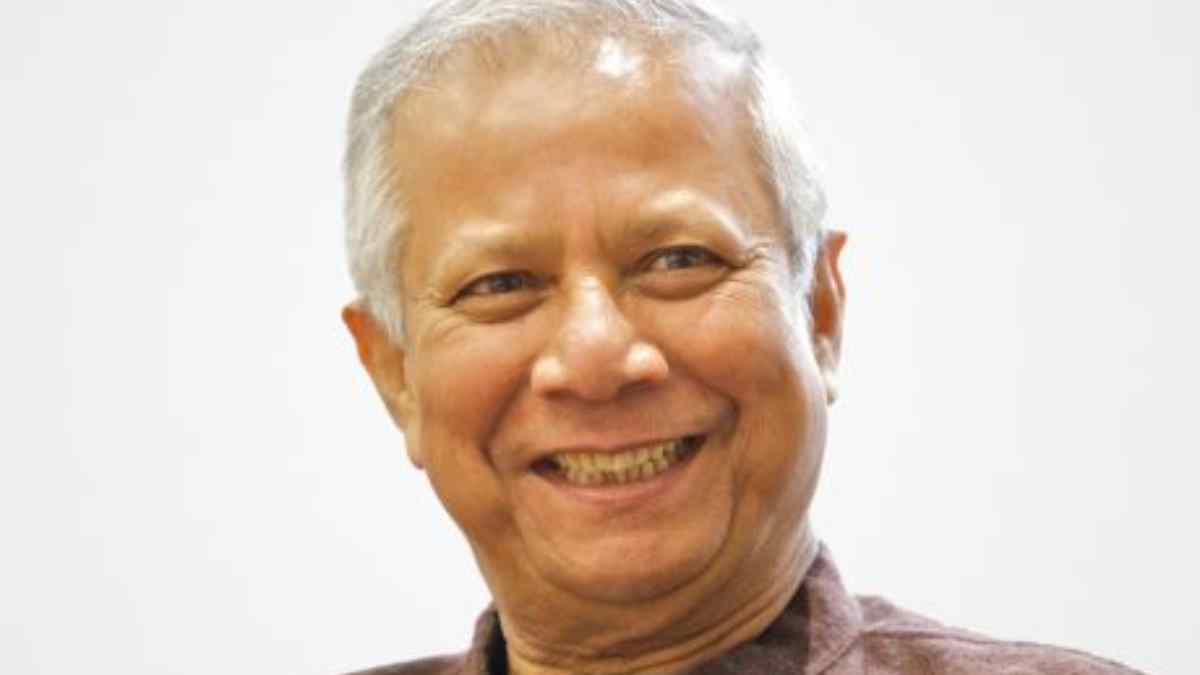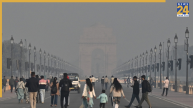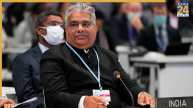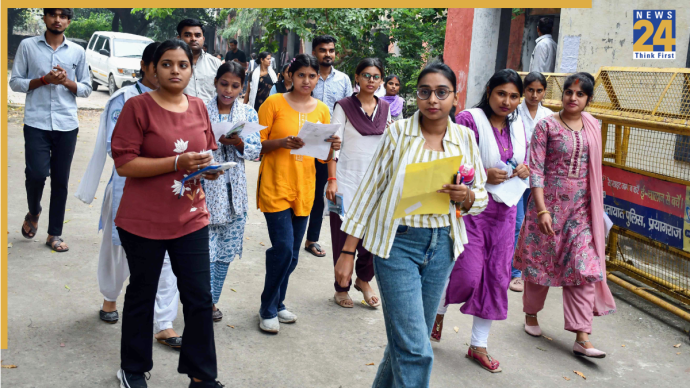Will India change its approach to Bangladesh with changed ground realities? Will New Delhi jettison its trusted ally Sheikh Hasina and work closely with the present dispensation, which is dominated by fundamentalist Islamist forces?
The recent visit of Foreign Secretary Vikram Misri to Dhaka and his meetings with Bangladesh counterpart Mohammad Jashim Uddin and the Chief Advisor to the interim government, Muhammad Yunus, have dropped certain hints at these questions.
Indicating that New Delhi is ready to work with the present setup that emerged after Sheikh Hasina was forced to flee the country on August 5, Misri emphasized that there is people-to-people contact between the two nighbouring countries. It was a clear indication that India is ready to work with the present government, leaving behind the past.
Misri Emphasises On People-To-People Contact
Talking to the media after the talks, Misri said that “people are the main stakeholders” in India-Bangladesh relations. He also emphasised on India’s development cooperation and multifaceted engagements with Dhaka. Misri said that connectivity, trade, power, energy and capacity building are for the benefit of the people of Bangladesh.
He said, “We have always seen in the past, and we continue to see in the future, this relationship as a people-centric and people-oriented relationship, one that has the benefit of all the people as its central motivational force.”
After talking about the development projects being implemented by India in Bangladesh, Misri said, “There is no reason why this mutually beneficial cooperation should not continue to deliver in the interests of both our peoples.”
Will India Move On?
Misri’s emphasis on the “people of Bangladesh” makes it clear that New Delhi is ready to move away from the previous government led by Sheikh Hasina.
In his talks with Muhammad Yunus, the Foreign Secretary underlined India’s support for a “democratic, stable, peaceful, progressive and inclusive” Bangladesh.
Vikram Misri also said that New Delhi is willing to build a “positive and constructive relationship” based on “mutual trust, respect and mutual sensitivity to each other’s concerns and interests”.
However, Bangladesh did not take kindly India’s approach to treatment meted out to Hindus and other minorities. While India raised the issue of attacks on minorities in the southeastern neighbouring country, Dhaka described it as an internal matter and warned no country should interfere in internal matters.
Will Bangladesh Act On India’s Concerns?
However, after Misri’s visit, Dhaka reached out to New Delhi and indicated that it is ready to accommodate the concerns of India.
Interim government Chief Advisor’s Press Secretary Shafiqul Alam said Tuesday that between August 5 and October 22, 88 cases were registered in incidents involving minorities. He also claimed that 70 people have been arrested in these cases so far.
Also Read: India-Bangladesh Relations: Is Populism Driving Nations Further Apart?
He also said that the number of victims may go up further as fresh incidents of violence have also been reported in northeastern Sunamganj, central Gazipur, and other areas.
The Press Secretary of Muhammad Yunus suggested that the victims might have been targeted due to political ideologies as most of them could have been members of Sheikh Hasina’s party Awami League. He claimed that Hindus were not targeted due to their faith.
Can India Jettison Sheikh Hasina?
In talks with Vikram Sikri, the Nobel laureate raised the issue of Sheikh Hasina, who had issued statements accusing the interim government of committing genocide.
In a recent address to her supporter in the US city of New York, she called Muhammad Yunus a “fascist” and reiterated that he was involved in financial corruption and money laundering while operating the microfinance company Grameen Bank.
Can India Control Hasina?
Political observers believe, India has no control over Sheikh Hasina, but it will not be easy to leave her in the doldrums when she has lost almost everything.
However, analysts believe, India should redefine its ties with Bangladesh keeping in mind the long-term consequences. People also think India should ask Sheikh Hasina to keep quiet and not use the country in attacking the interim government of Bangladesh or do something that may jeopardise India’s interest or relations with the neighbouring country.
Now at the age of 77, it will be very difficult for her to regain the lost ground in her country, her daughter and son are apolitical persons with no political ambition.
New Delhi may not find it easy to ask the former Bangladesh Prime Minister to leave the country and seek political asylum in some other country, but it can leave Awami League to its own fate and let the people of that country decide their own fate and political course.












